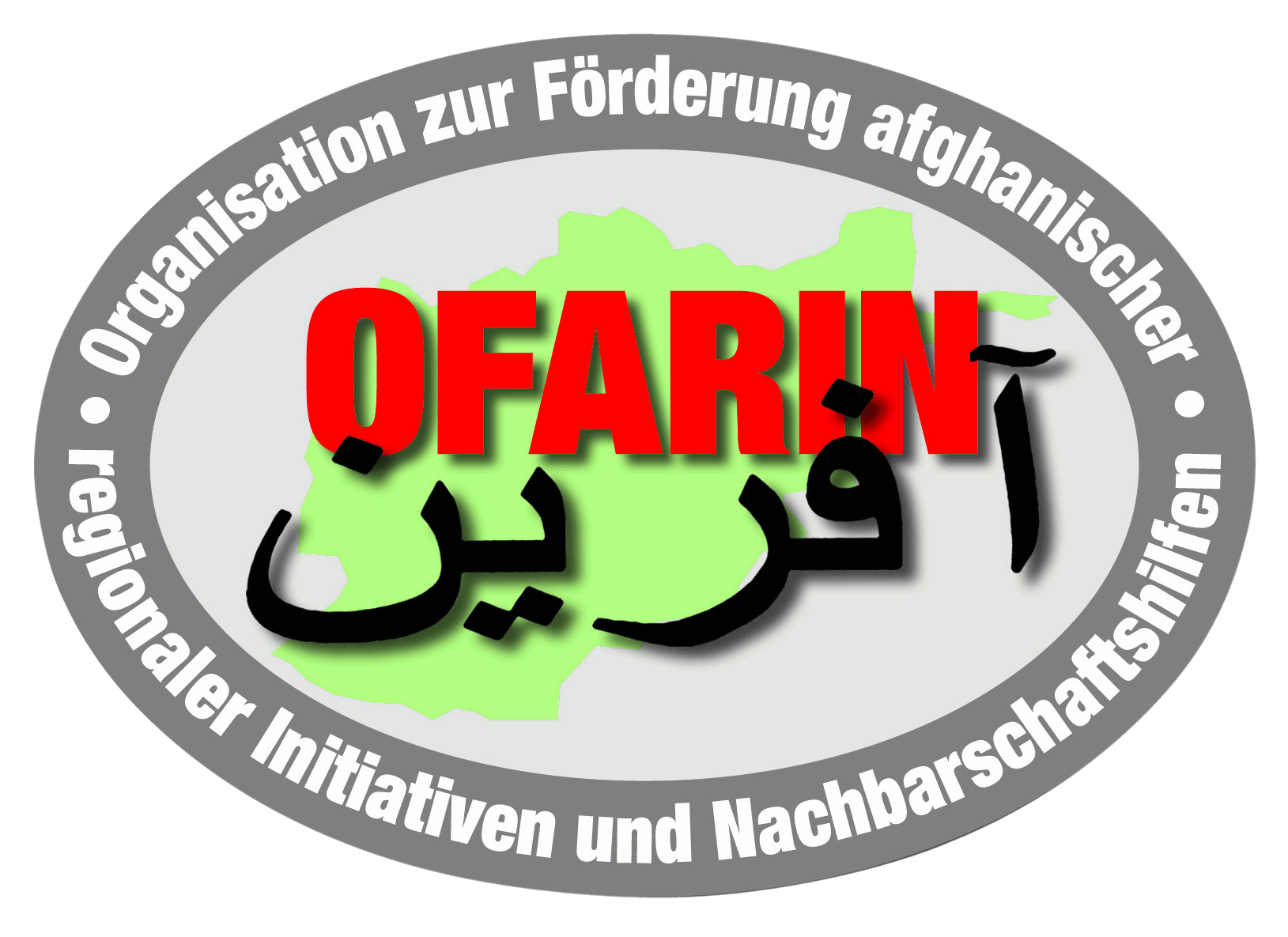


The teaching staff
It happens time and again that a young woman or young man wants to join us as a teacher. I then ask about the profession and often get the answer: "I'm still at school, in year eleven." Then I get mean and ask: "Can you tell me what 16 minus 9 is?" This question is so standard for me that I like to use it as a password. The answer is usually silence. If I get an answer, it's almost always wrong. The question is harmless, because it doesn't decide whether we hire someone. If we need a new teacher, the arithmetic artist will still be hired. The next candidate won't solve the math problem either. And we can't pay salaries that we would have to pay in order to only hire candidates who solve the problem.
Teachers we just hired initially only teach the mother tongue Dari or Pashto. In these lessons, they introduce letter by letter. After a few letters, the pupils can form words and then sentences. The procedure is similar for each letter. This may be a little boring. But for a teacher who has just started with us, it is a framework that provides stability. Many new teachers learn the first time to write and read a text with understanding.
After that, the teacher is also deployed in math lessons. They can now read the teacher's textbook. For each section that they are soon to teach, they have to take a "seminar". This is more like an exam. It often happens that we send the teacher home because he has not yet mastered the material. They are then not allowed to teach the new material until they are better prepared.
Each OFARIN teacher's lessons are supervised by trainers so that there are hardly any glaring mistakes.
Trainers are permanent employees who have experience in teaching and have usually worked as teachers themselves. Trainers visit the lessons, talk to the teachers about the lectures and report on what they have noticed in the lessons at the biweekly meetings of trainers from all teaching areas.
Some trainers sit in the OFARIN headquarters, work on textbooks there, prepare teachers in seminars to teach new subject areas and visit classes in all areas where we are active. Local trainers only attend classes in the area where they live. They are paid according to their workload. After all, it makes a difference whether all classes in the teaching area work in one mosque at the same time or whether lessons have to be attended at different times in widely scattered private homes.
Trainers also decide whether a teacher has successfully taught a subject area or whether remedial work is required before the teacher and class are allowed to start a new subject area.